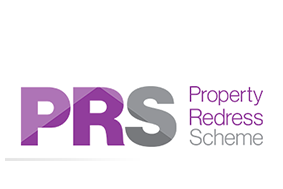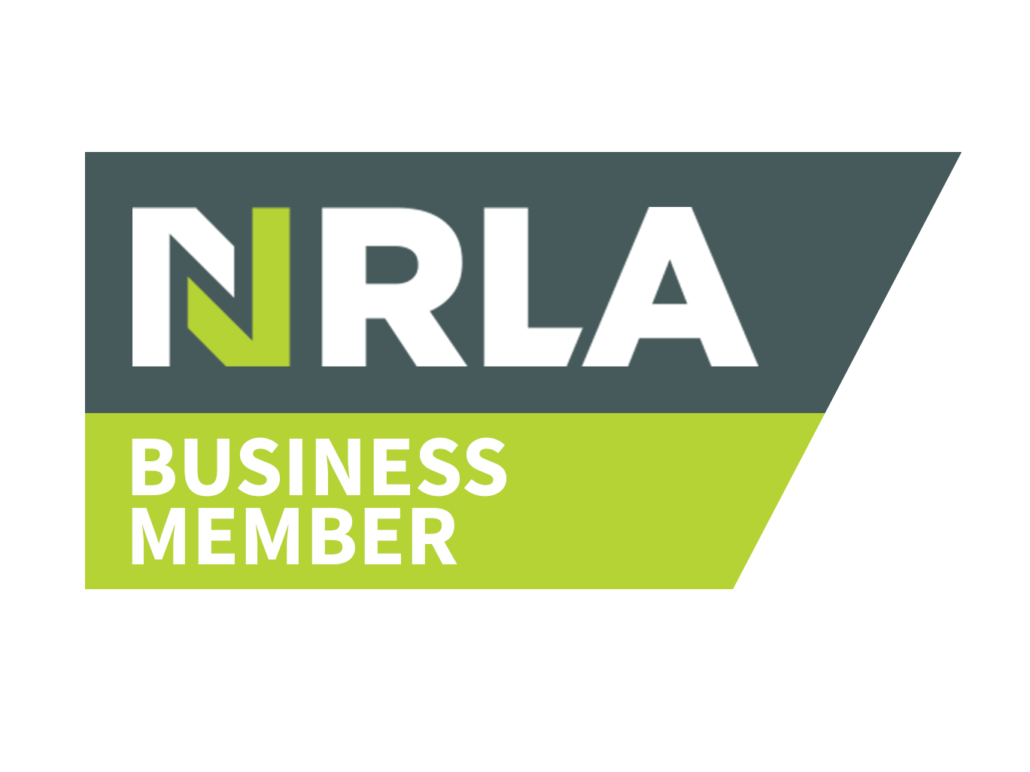Managing Late Payments in Guaranteed Rental Schemes in London
Navigating Late Payment Challenges
Late payments can be a headache for landlords participating in guaranteed rental schemes in London. While these schemes offer security and convenience, dealing with late payments can disrupt cash flow and lead to financial strain. In this blog post, we’ll explore effective strategies for managing late payments in guaranteed rental schemes. These strategies will help landlords maintain financial stability and peace of mind.
Understanding Guaranteed Rental Schemes in London
Guaranteed rental schemes, also known as rent guarantee schemes, offer landlords a fixed rental income for a specified period, usually 1 to 5 years. These schemes are popular in London due to the city’s dynamic rental market and the assurance they provide against void periods and rental arrears. However, even in guaranteed schemes, late payments can occur, requiring proactive management.
1. Clear Communication
Effective communication is key to managing late payments. From the outset, landlords should clearly outline payment expectations in the tenancy agreement. This includes specifying due dates and consequences for late payments. Additionally, maintaining open lines of communication with tenants is crucial. It can encourage transparency and prompt reporting of any issues that may affect payment.
2. Automated Payment Systems
Implementing automated payment systems can streamline the rent collection process and reduce the risk of late payments. Landlords can set up direct debits or standing orders, ensuring that rent is deducted from tenants’ accounts on a specified date each month. This eliminates the need for manual invoicing and reduces the likelihood of oversight or forgetfulness on the tenant’s part.
3. Early Intervention
As soon as a payment becomes overdue, landlords should take prompt action to address the issue. This may involve contacting the tenant to remind them of their obligation to pay rent on time and inquire about any potential reasons for the delay. Early intervention can prevent late payments from snowballing into larger arrears and demonstrate to tenants that prompt payment is expected.
4. Flexible Payment Options
In some cases, tenants may experience temporary financial difficulties that impact their ability to pay rent on time. Offering flexible payment options, such as splitting rent into smaller instalments or temporarily adjusting the due date, can help tenants manage their cash flow while ensuring that landlords receive timely payments. However, it’s important to establish clear guidelines and obtain written agreement from tenants to avoid misunderstandings.
5. Enforce Late Payment Penalties
Including late payment penalties in the tenancy agreement can serve as a deterrent against late payments and incentivise tenants to prioritise timely rent payments. Landlords can impose a fixed fee or a percentage-based charge for each day that rent remains unpaid beyond the due date. Enforcing late payment penalties consistently sends a clear message that late payments are not tolerated.
6. Professional Property Management Services
For landlords who prefer to delegate the management of their rental properties, hiring a professional property management company can be a worthwhile investment. Property managers have the expertise and resources to handle rent collection, tenant communications, and late payment enforcement on behalf of landlords, freeing them from the burden of day-to-day management tasks.
7. Legal Action as a Last Resort
If all attempts to resolve late payments amicably fail, landlords may need to resort to legal action to recover unpaid rent. This typically involves serving a formal notice to the tenant, followed by initiating eviction proceedings if the arrears persist. While legal action should be considered a last resort, landlords should be prepared to take decisive steps to protect their financial interests and uphold the terms of the tenancy agreement.
Conclusion:
Managing late payments in guaranteed rental schemes requires a proactive approach, clear communication, and effective strategies for rent collection. By implementing the strategies outlined in this blog post, landlords can minimise the impact of late payments on their cash flow. They can also maintain financial stability in their rental properties. With careful management and attention to detail, landlords can navigate the challenges of late payments with confidence. This leads to peace of mind for landlords.









